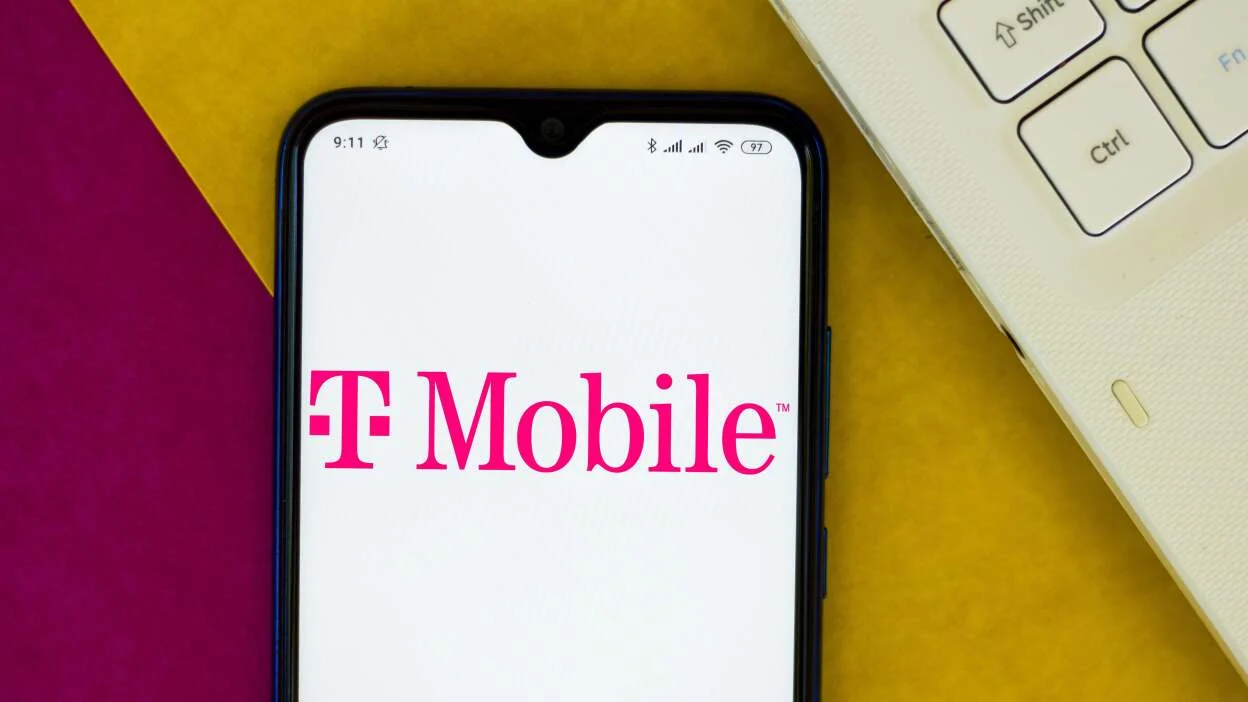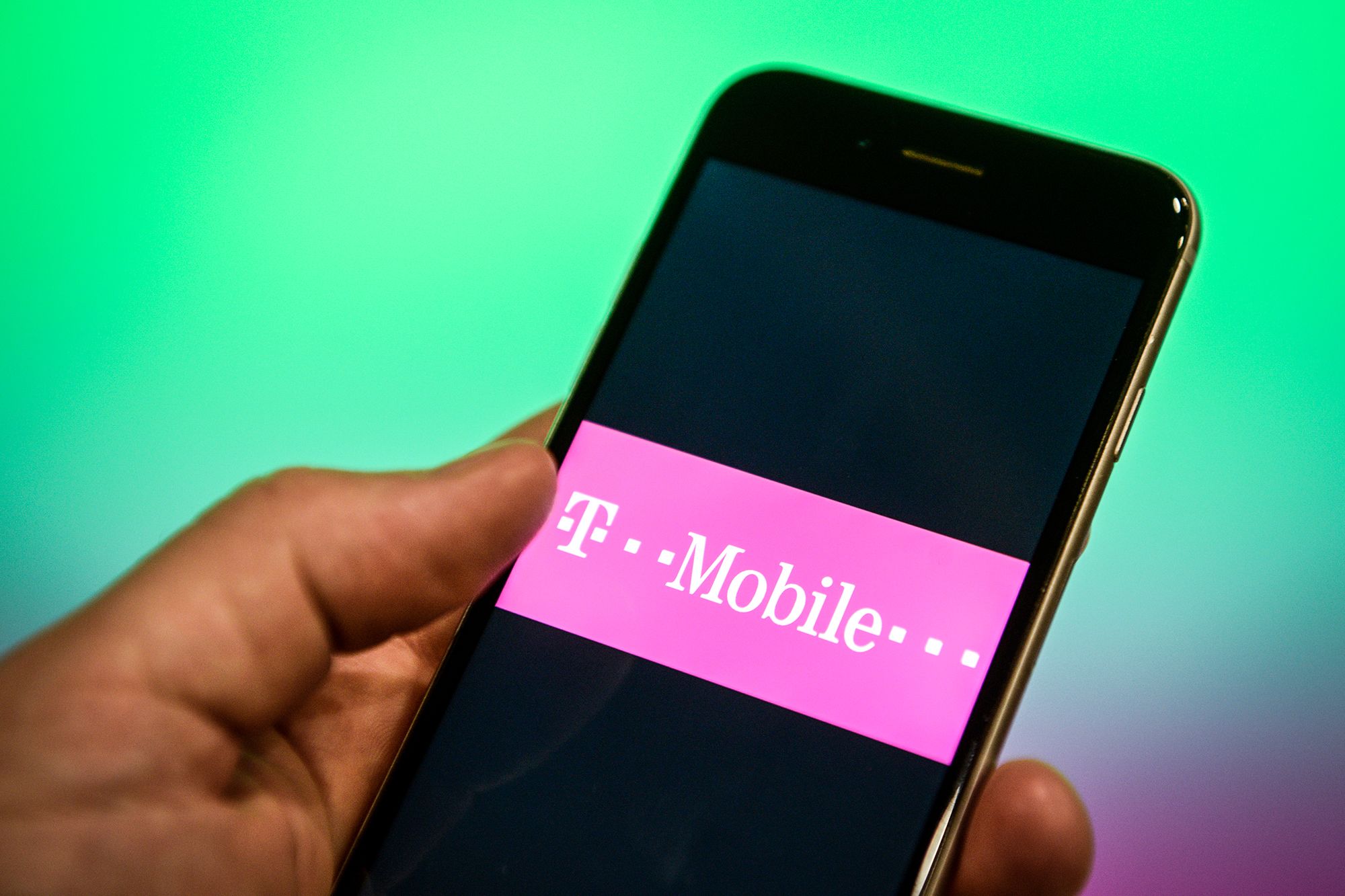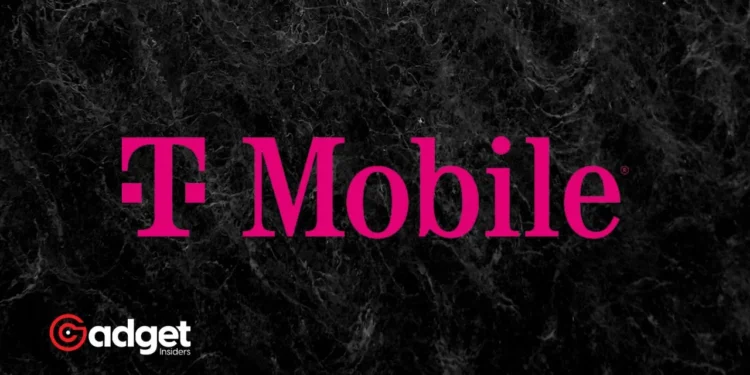In a notable twist in the telecommunications industry, T-Mobile has recently made headlines, securing a significant legal win against AT&T and Verizon customers. These customers had pointed fingers at T-Mobile for the surge in prices following its high-profile merger with Sprint. This development adds another layer to the already complex narrative surrounding one of the most consequential mergers in the telecom sector.

T-Mobile: A Legal Tug-of-War
The drama unfolded last November when a group of AT&T and Verizon subscribers was greenlit to proceed with their lawsuit against T-Mobile. The accusation? That the T-Mobile-Sprint merger, a whopping $26 billion deal, directly led to price hikes by the other two telecom giants.
This lawsuit represents a significant number of consumers, potentially impacting tens to hundreds of millions, with aims not only for financial restitution but also eyeing a reversal of the 2020 merger.
District Judge Thomas Durkin, playing a pivotal role in this legal battle, allowed the case to advance, signaling that the plaintiffs had successfully met the legal benchmarks necessary for their suit. Durkin’s decision to permit the Wireless giant to appeal the lawsuit’s progression at this juncture, rather than later, marks a critical juncture in this unfolding drama.
The Crux of the Matter
At the heart of T-Mobile’s defense is the argument that AT&T and Verizon independently dictate their pricing strategies, absolving the merger of blame for any subsequent price increases. This stance underscores a broader debate about market dynamics, consumer choice, and the regulatory landscape governing major corporate consolidations.
T-Mobile’s legal team, advocating for efficiency, pushed for an immediate appeal, highlighting their concern over the unprecedented nature of the antitrust standing being leveraged against them. They argue that proceeding without an appellate ruling on this standing could lead to unnecessary expenditures and strain on judicial resources.
In a bold retort during the November proceedings, T-Mobile’s counsel suggested that disgruntled AT&T and Verizon customers should consider switching to T-Mobile rather than pursuing legal action, a statement that underscores the competitive spirit (and marketing savvy) of the telecom giant.

Beyond the Courtroom
This legal skirmish extends beyond the courtroom, touching on broader themes of consumer rights, market competition, and the future trajectory of the telecommunications industry. As companies like T-Mobile, AT&T, and Verizon navigate these turbulent waters, the outcomes of such battles will likely have far-reaching implications for consumers and the industry at large.
The T-Mobile versus AT&T and Verizon case is more than a legal confrontation; it’s a litmus test for the state of competition and consumer choice in an era dominated by a few powerful telecom entities.
From Big Cities to Small Towns and Places In Between, T-Mobile Customers are Getting a Massive 5G Boost
Light it up! T-Mobile (NASDAQ: TMUS) today announced it’s adding new capacity to the country’s leading 5G network by activating the 2.5 GHz spectrum it won in auction 108, e… pic.twitter.com/SQWfLyil7R— Cerebral Overload (@CbrOvld) March 7, 2024
As this saga unfolds, stakeholders across the spectrum — from regulators to everyday mobile phone users — will be watching closely, eager to see how this battle over pricing and consumer choice resolves in an industry that’s become indispensable to modern life.
In the realm of technological evolution and consumer impact, the unfolding drama between T-Mobile, AT&T, and Verizon offers a fascinating glimpse into the complexities of mergers, market competition, and the quest for fairness in pricing strategies.
As the narrative continues to develop, the anticipation grows, not just among the directly affected customers, but also among industry observers, policymakers, and the broader public keen on understanding how such monumental corporate maneuvers shape our daily digital experiences.










